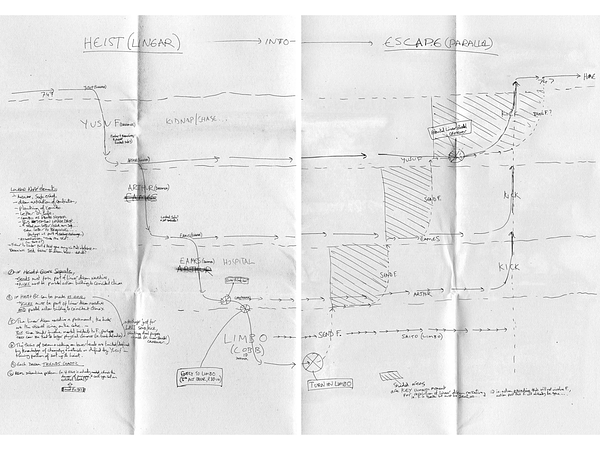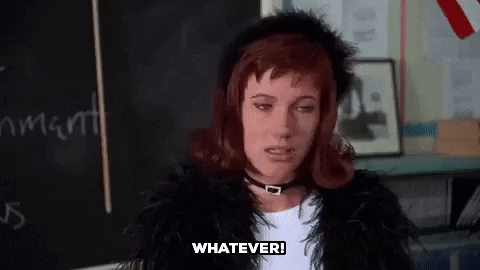Hey up, chap. How are you doing? It’s been a while since I last thought anything was interesting, but here I am, trying to get back in the swing of things again.
I wanted to do a little shout-out to Upnext, a read-it-later app and extension that lets you save articles, videos, Twitter threads, and newsletters in one place - and then organise them and highlight them. In my mind, it’s a rocket-fueled Pocket. I was a beta tester for them pre-launch and I would recommend them to any of my fellow avid content consumers.
Anyway. Here are a few things I’ve found interesting recently.
BEING CHEERFUL ON THE OUTSIDE HELPS YOU FEEL IT ON THE INSIDE
Let’s get one thing straight, and quickly: cheerfulness and happiness are drastically different. Do not get that confused.
Cheerfulness is a resource. It’s something you can draw on.
“Cheerfulness is a psychological and emotional resource, a way of approaching actions and situations,” says Hampton. “I can say hello to you – but I can also say hello to you cheerfully. It’s not part of the saying ‘hello’, it’s some kind of colouring of what I am saying.”
I am a cheerful person with a cheerful demeanor. I like that about myself. And it’s not just a personality thing - anyone can do it.
Give it a go.
Source: The Guardian
WE WEREN’T TAUGHT THIS IN SCHOOL
Emotional intelligence is one of those things that people rarely think about. You either have caring people or you have selfish people, generally.
But emotionally intelligent people seem to be the top doggy dogs and people we should all be aspiring to be. Listen:
People who exhibit emotional intelligence have the less obvious skills necessary to get ahead in life, such as managing conflict resolution, reading and responding to the needs of others, and keeping their own emotions from overflowing and disrupting their lives.
Now those skills… Those skills sound incredible. Gimme.
Source: Lifehacker
FAT VILLAIN TROPE’S HAD ITS DAY
Fat people in the media generally play one of two roles:
Funny companion
Villain
This article in Inverse argues that it’s time to put the fat villain trope to bed. In a day where representation matters, where diversity is crucial to societal improvement, bias against people’s weight is another that should be dropped.
It’s got a long history, even going back to the ‘everybody’s a Christian’ days:
Through Christian values, she says, “The fat body is the symbol of your moral shortcomings and your evidence of sin.”
But it’s worth considering:
the fat villain trope not only points to a long history of anti-fatness but sustains biases that continue to marginalize fat people today.
And I’m not just bringing this up as a fat bloke. I’ve never really been bullied for my weight, I’ve only felt like I should be bullied. I’ve been on all kinds of diets and health kicks, seen nutritionists, had a PT, and none of it has helped me drop below 18 stone. I’ve kind of come to accept it. So if people see me as ‘lazy’ and ‘neglectful’?
Source: Inverse
WHEN TO USE E.G. AND I.E.
You’d think, as an English Literature graduate, I would’ve learnt this much earlier in life.
The abbreviation e.g. can be used with more than one example.
I.e. takes the place of the English phrases "in other words" or "that is."
And now you know, too.
Source: ThoughtCo
ONE LAST THING


Thanks for reading. I’ll be more regular with this again now, honest.



